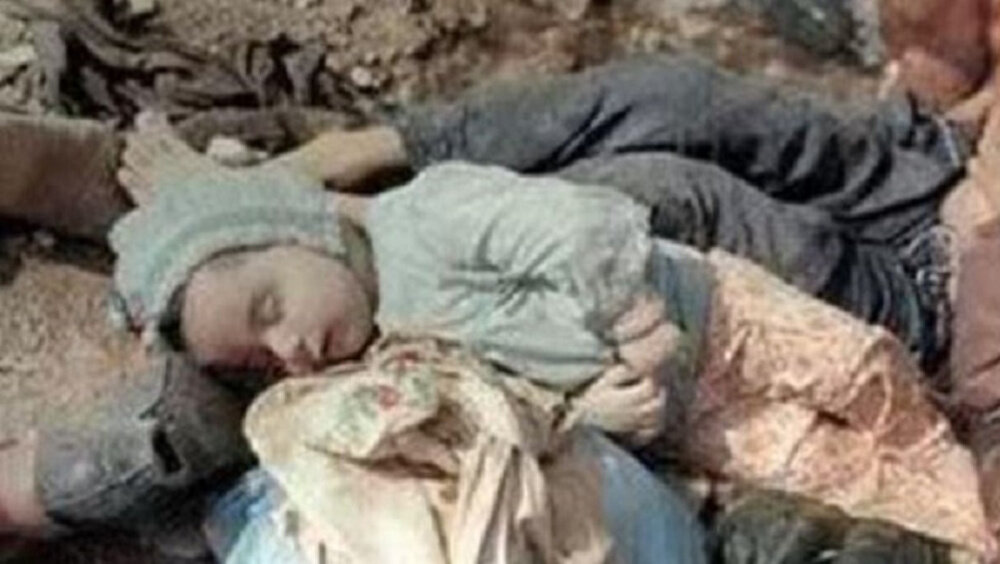Iranian chemical attack survivor confronts Berlin over ‘dirty proxy wars’ in open letter

TEHRAN — An Iranian survivor of chemical warfare has penned a forceful open letter to German Chancellor Friedrich Merz, accusing Berlin of a decades-long policy of waging "dirty proxy wars" against Iran—first through support for Saddam Hussein, and now by backing the Israeli regime.
The letter, which was also sent to the German Ambassador in Tehran, was written in response to Chancellor Merz’s recent description of Israeli actions as “dirty work.” The Iranian citizen interpreted the phrase as a revealing admission of Germany’s indirect role in supporting aggression and war crimes in West Asia.
“Your comment, though belated, unintentionally exposed Germany’s foreign policy reality. The pattern is clear—yesterday, Saddam; today, Netanyahu," the letter states.
The author recalls Germany’s notorious role in arming Saddam Hussein with chemical weapons during the 1980–1988 Iran–Iraq War. Over the course of that conflict, the Iraqi military launched more than 500 chemical attacks across Iranian border provinces, killing at least 10,000 people and injuring over 107,000—many of them women and children. Toxic agents such as mustard gas and nerve agents were used extensively, leaving a trail of long-term suffering that continues to this day.
"The world has not forgotten that four decades ago, Germany provided Saddam with the tools for chemical warfare. Thousands were martyred, and hundreds of thousands were poisoned. The scars are still visible. The betrayal is still in our breath," the letter reads.
The writer goes on to condemn Germany’s current military and political support for the Israeli regime, particularly during its latest campaign of aggression against Palestinians and regional states. The letter accuses Berlin—and its Western allies—of systematically blocking international sanctions against Israel and of shielding its leaders from accountability at global forums.
"Whether in public or behind closed doors, Germany and its allies continue to protect a regime responsible for crimes against humanity," it adds.
In a direct appeal to the German Chancellor, the letter urges an end to Berlin’s reliance on “dirty means” to achieve its strategic goals and calls for a shift toward policies grounded in international law, human rights, and regional respect.
"Do not stain the German nation by supporting war criminals. Do not endorse a modern version of Hitler in the form of Netanyahu. History will remember. Do not stand on the wrong side," the letter warns.
The letter’s powerful message is underscored by the author’s own experience as a survivor of mustard gas exposure—an experience made worse by the fact that many of today’s victims are still denied access to proper treatment due to ongoing Western sanctions on Iran’s medical sector.
The Sardasht chemical bombing of June 28, 1987, is cited as a symbol of this enduring injustice. That day, Iraqi jets dropped mustard gas on the civilian population of the northwestern Iranian city, killing at least 119 and injuring over 8,000. Many of the wounded remain disabled to this day.
Iranian officials and victims’ associations have repeatedly condemned the role of Western countries—including Germany, the Netherlands, the United Kingdom, France, and the United States—in enabling Saddam Hussein’s chemical warfare program through the supply of equipment, precursors, and technical expertise.
Leave a Comment